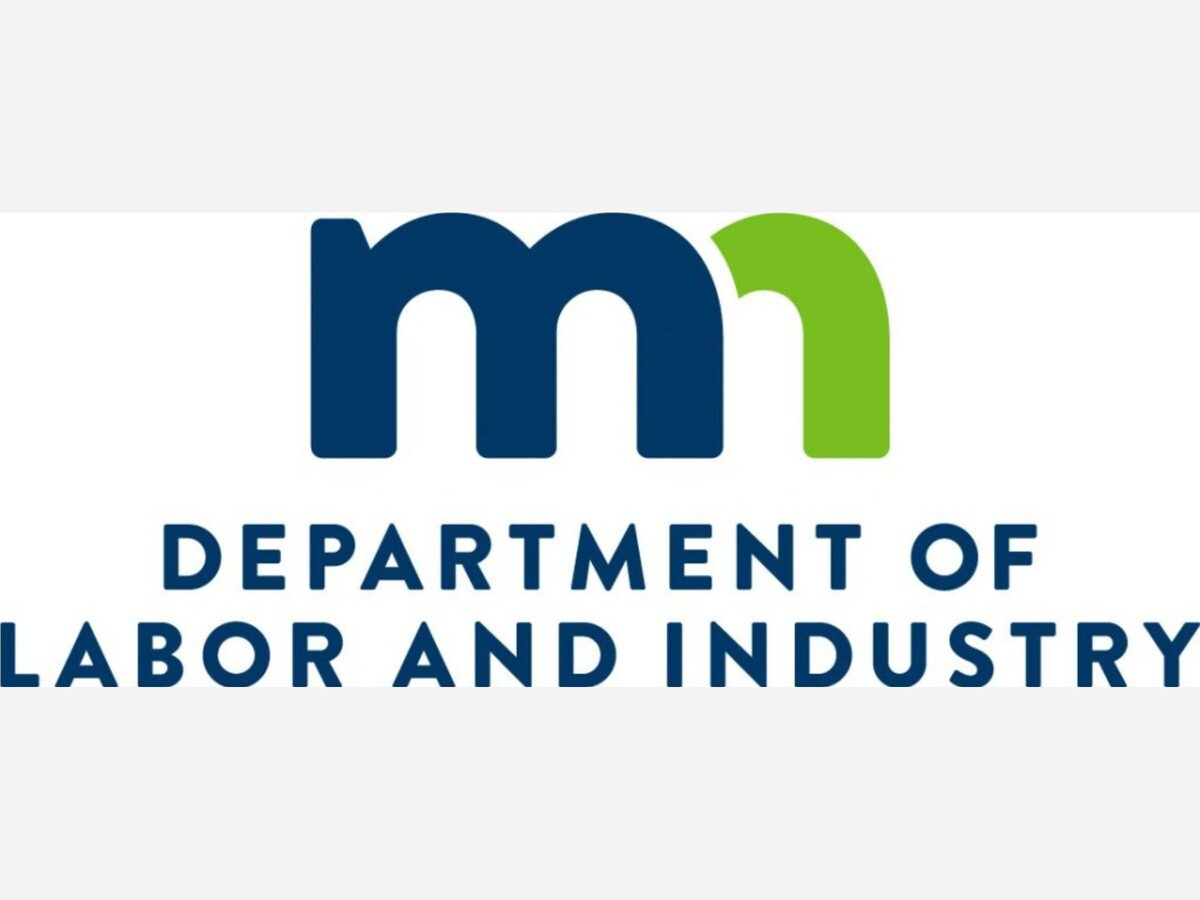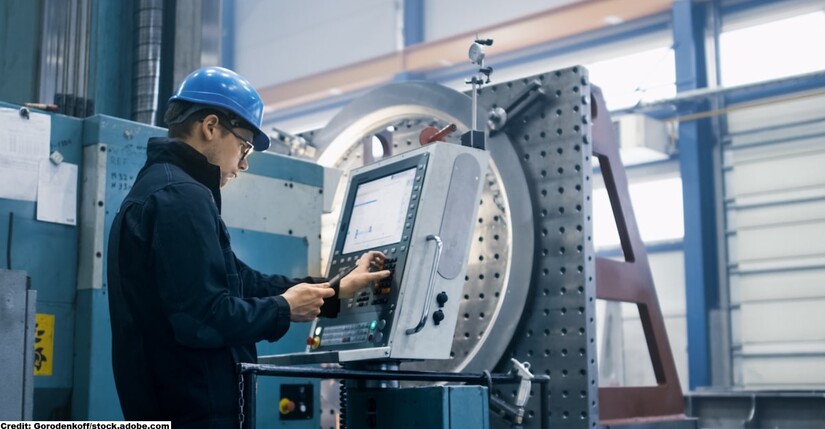Image


ST. PAUL, Minn. — The Minnesota Department of Employment and Economic Development (DEED) has extended the deadline for employers to submit private insurance or self-funded equivalent plans under the state’s upcoming Paid Family and Medical Leave (PFML) program. Employers now have until November 15, 2025, to file their requests for review and approval.

To ensure their equivalent plan takes effect on January 1, 2026—the same date Minnesota’s statewide Paid Leave program officially begins—employers must have their plans received by DEED no later than November 15, 2025. Plans submitted after that date will take effect no earlier than April 1, 2026, marking the beginning of the next calendar quarter.
The Minnesota Paid Family and Medical Leave Program, enacted in 2023, is designed to provide partial wage replacement for eligible workers during major life events such as welcoming a new child, caring for a seriously ill family member, or recovering from one’s own health condition. Both employer and employee premium contributions will begin January 1, 2026, alongside the start of benefits (DEED; North Risk Partners, 2025).
For detailed information on the program and plan submission guidelines, employers can visit DEED’s official website at mn.gov/deed.
As October marked Manufacturing Month in Minnesota, DEED is spotlighting the crucial role manufacturing continues to play in the state’s economy—providing stable, high-paying jobs and driving innovation across diverse industries.
More than 320,000 Minnesotans were employed in manufacturing in 2024, making it Minnesota’s second-largest employing industry, according to DEED’s labor market data. The sector accounted for about 11% of all jobs statewide, or roughly one in every nine jobs.
From medical devices and food products to industrial machinery, transportation equipment, and recreational vehicles, Minnesota’s manufacturers produce goods that reach markets around the world.

Manufacturing continues to offer strong entry-level opportunities across Minnesota, many of which require only a high school diploma or GED combined with on-the-job training. The industry’s need for skilled labor spans a wide range of specializations, from production and logistics to engineering and management.
To help students, job seekers, and career changers explore these opportunities, DEED and CareerForce Minnesota provide year-round resources, training programs, and job listings that align with current labor market demands.
According to DEED, the following occupations are among the most in-demand roles in Minnesota’s manufacturing sector:

“Manufacturing remains the backbone of Minnesota’s economy, offering sustainable wages and lifelong careers,” said Matt Varilek, Commissioner of DEED. “As we prepare for Paid Family and Medical Leave in 2026 and continue to strengthen our workforce, we’re investing in industries that make Minnesota work.”
Minnesotans can explore manufacturing training programs, apprenticeships, and statewide job opportunities at CareerForceMN.com or mn.gov/deed.